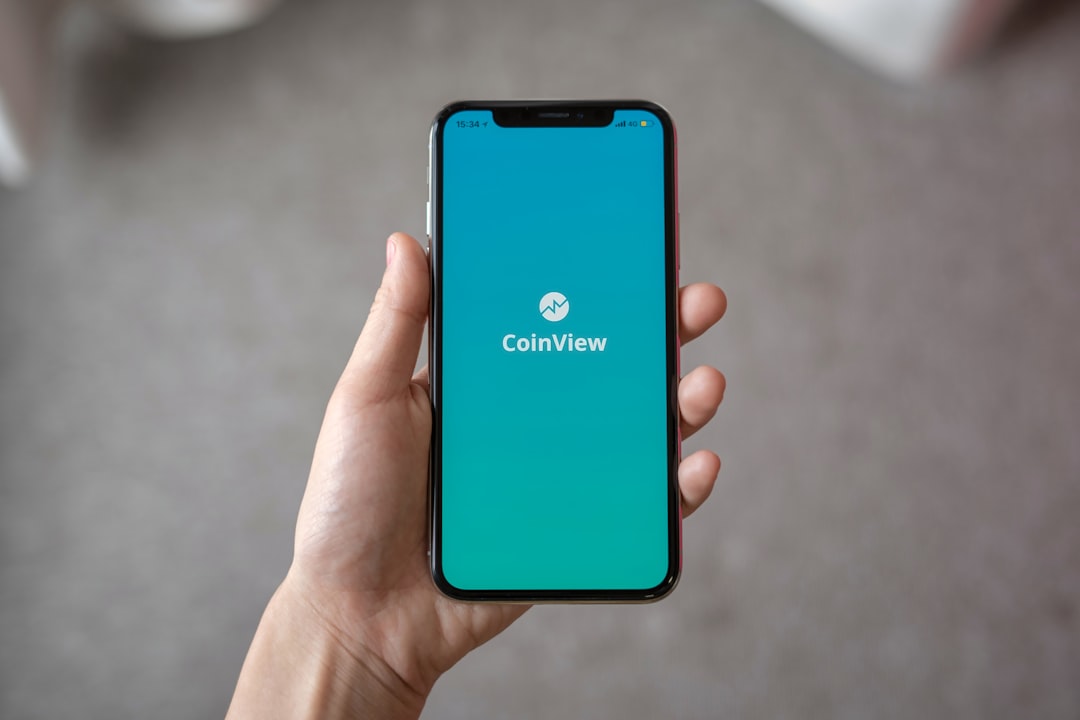The Kentucky Derby has become a target for con artists using robocalls to sell fake tickets, leaving fans financially damaged. Scammers impersonate official brokers via automated calls, exploiting enthusiasts' excitement. Protect yourself by verifying purchases through official channels, reporting suspicious calls, and blocking unknown callers. Legal recourse is available through robocall attorneys in Kentucky for class-action lawsuits or individual legal actions against these fraudulent operations.
“Kentucky Derby enthusiasts, be on guard! Official sources have issued a warning about a prevalent ticket scam involving robocalls. As the race season peaks, con artists are leveraging automated phone systems to dupe fans into purchasing fraudulent tickets. This article arms you with knowledge to identify and avoid such scams. Learn how robocalls operate, discover vital precautions, and explore legal avenues for those affected. Stay informed and protect your hard-earned money from these deceptive practices, especially when planning to attend prestigious events like the Kentucky Derby with the help of trusted robocall attorneys.”
Understanding the Kentucky Derby Ticket Scam

The Kentucky Derby, a legendary race filled with excitement and tradition, has become a target for con artists. In recent years, a sophisticated ticket scam involving robocalls has been making rounds, preying on enthusiastic horse racing fans. This fraudulent scheme targets individuals eager to attend the iconic event, promising them exclusive access to tickets but delivering nothing but empty promises.
Robocall attorneys in Kentucky have reported an influx of complaints from victims who fell for this deceptive ploy. Scammers use automated phone systems to dial random numbers, attempting to sell fake Derby tickets at inflated prices. They often pose as official ticket brokers or even claim affiliation with the race itself. Unsuspecting fans, eager to secure their spot in Louisville, may fall victim to these false claims, resulting in financial loss and missed opportunities.
How Robocalls Operate and Precautions to Take

Robocalls, automated phone calls from computers, have become a prevalent means for scammers to target potential victims. In this case, Kentucky Derby enthusiasts are being warned about fraudulent robocalls mimicking official communication from the event organizers. These scams often exploit people’s excitement and eagerness to attend prestigious events like the Kentucky Derby. The caller ID may display official-looking numbers, but the calls are pre-recorded messages designed to trick recipients into providing personal information or purchasing fake tickets.
To protect yourself from such robocall scams, it is crucial to remain vigilant and take precautions. Never respond to unsolicited phone calls requesting personal details or payment information. Verify the authenticity of any ticket purchase through official channels, such as the Kentucky Derby website or authorized ticket resellers. If you receive a suspicious call, report it to local authorities or consumer protection agencies. Additionally, consider using call-blocking apps or registering on the National Do Not Call Registry to reduce the likelihood of receiving robocalls in the first place. Stay informed and stay safe when navigating the world of Kentucky Derby tickets and events. Remember, legitimate organizers will never ask for sensitive information over the phone without proper security measures in place.
Legal Actions and Resources for Scammed Attendees

If you’ve fallen victim to a Kentucky Derby ticket scam involving robocalls, it’s not too late to take action. Scammed attendees may have legal recourse against the perpetrators through various avenues. Many states, including Kentucky, have consumer protection laws that can be leveraged against fraudulent robocall campaigns. Consulting with robocall attorneys in Kentucky who specialize in such cases is a crucial step forward. They can guide you through options like filing a class-action lawsuit or pursuing individual legal actions to recover losses and compensate for emotional distress caused by the scam.
Additionally, reporting the scam to relevant authorities can help curb future incidents. The Federal Trade Commission (FTC) and state attorney general’s offices often have dedicated units for investigating and prosecuting telemarketing frauds. Utilizing these resources not only helps protect yourself but also contributes to a broader effort to combat ticket scams involving robocalls.






